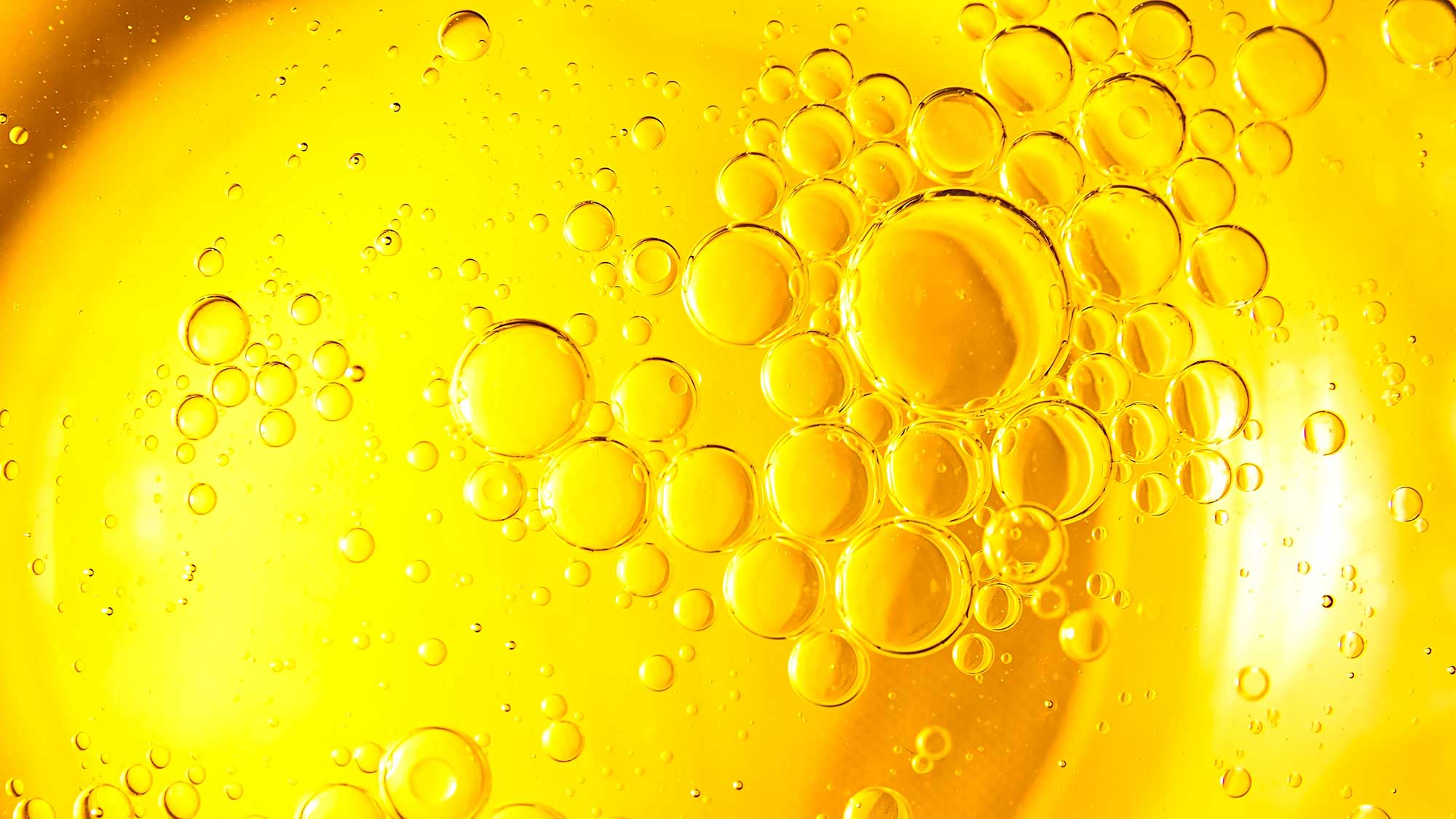With the new plant, Cargill is preparing for new European guidelines for renewable energy (Renewable Energy Directive 2, RED II). This indicates that a switch must be made to more advanced biofuels from waste and residues.
“The new plant in Ghent will be the first factory in Europe that can process all types of raw materials, including acid oils from vegetable oil refining, liquid residues from industrial processes and even the fat recovered from sewage sludge from local municipalities”, said Roger Janson, president of Cargill’s agricultural supply chain in EMEA. The plant will use the very latest technology from BDI-BioEnergy International GmbH. This allows processing of all types of liquid waste oils and fats, including by-products from food processing and waste from the food industry, and non-food crops grown on marginal land.
Significant benefits
“Cargill’s circular economy provides additional sustainability benefits not only for our customers, but also for the end consumer, as the plant will use recycled products that would have previously been discarded or used for low-value applications,” said Alexis Cazin, Managing Director, Cargill Biodiesel. “In certain sectors, such as transportation, developing high blend solutions for trucks or significantly less low carbon marine fuel can only be achieved with this waste treatment technology. Advanced biodiesel from waste and residues will provide concrete, cost-effective solutions with significant benefits for the citizen, the community and the environment.”
Construction of the new factory will start this month. It will be operational in June 2022. The production capacity will be 115,000 tons of biodiesel per year and create approximately 20 new direct jobs and 60 indirect jobs. The adjacent factory produces 360,000 tons of biodiesel per year from vegetable oil. Cargill also owns a biodiesel plant in Frankfurt.
Image: venars.original/Shutterstock



